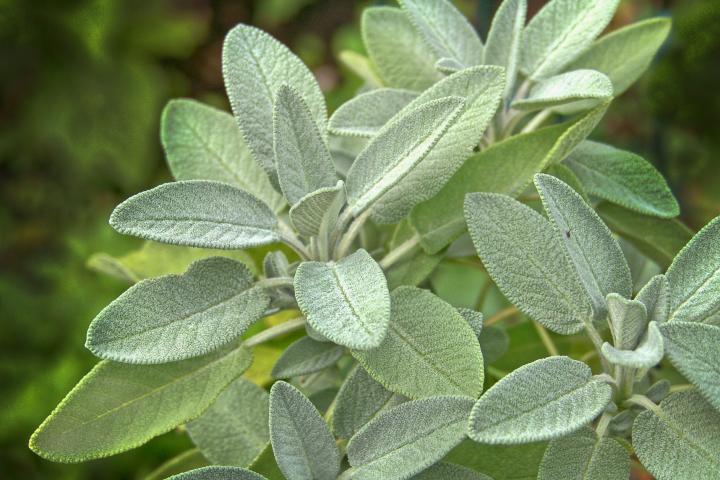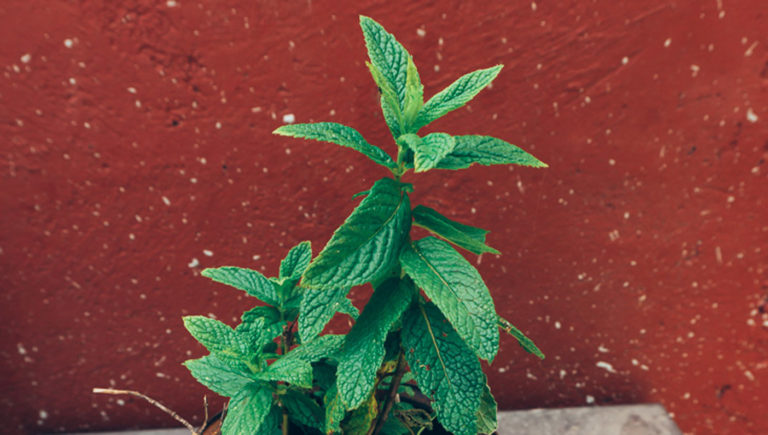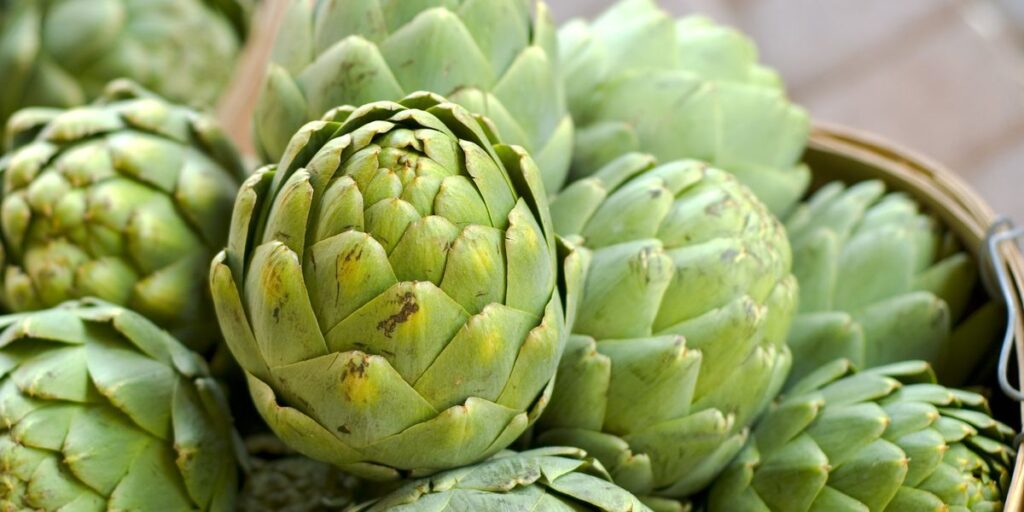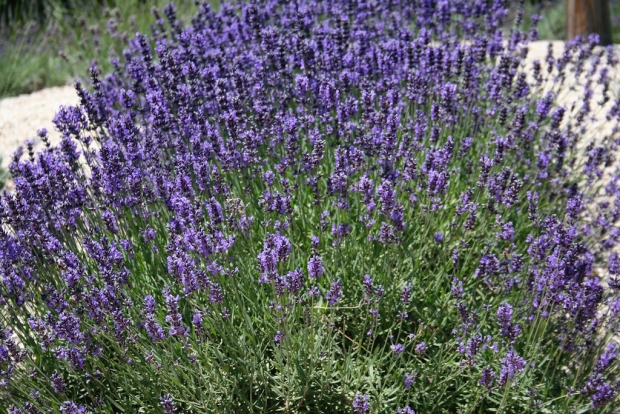Lemon & Lemon Leaves
Imagine a Greek backyard without a lemon tree? Impossible, and this isn’t only to spice up the look of the garden. Lemon is known to be a great source of Vitamin C, improves skin quality and helps with digestion. Oh, and it also tastes amazing with spanakopita.
Sage

Native to Greece, Sage was originally used as a meat preservative and to preserve memory. Salvia officinalis, as it was called in ancient times, was used for warding off evil, snakebites, increasing women’s fertility, and more. The Romans referred to sage as the “holy herb,” and employed it in their religious rituals. Common sage is grown in parts of Europe for distillation of an essential oil.
Mint

According to Greek mythology, Minthe was a Greek water nympth to the river Cocytus. She wanted to seduce Hades after seeing his golden chariot but was thwarted by Queen Persephone, who turned Minthe into the herb, mint. Today, it used primarily for cooking and to settle people’s stomaches. It has a warm, fresh, aromatic, sweet flavour with a cool aftertaste.
Artichoke

Native to the Mediterranean, artichoke was created in Greek mythology when Zeus turned his desired into a thistle after being rejected. Varieties of artichokes were cultivated in Sicily, with the the Greeks calling them kaktos. In that period, the Greeks ate the leaves and flower heads, believing it was highly healthy and used it as an aphrodisiac, a diuretic, a breath freshener, and a deodorant.
Lavender

The ancient Greeks called the lavender herb nárdos, and was used to heal aches and pains from labouring. The flower was sold for the equivalent of a farm worker’s month salary. After scientific analysis in the 21st century, it’s been found that lavender can be used to improve sleep for people with insomnia. It can also treat certain hair diseases.
Sourced By: Wander Lust
